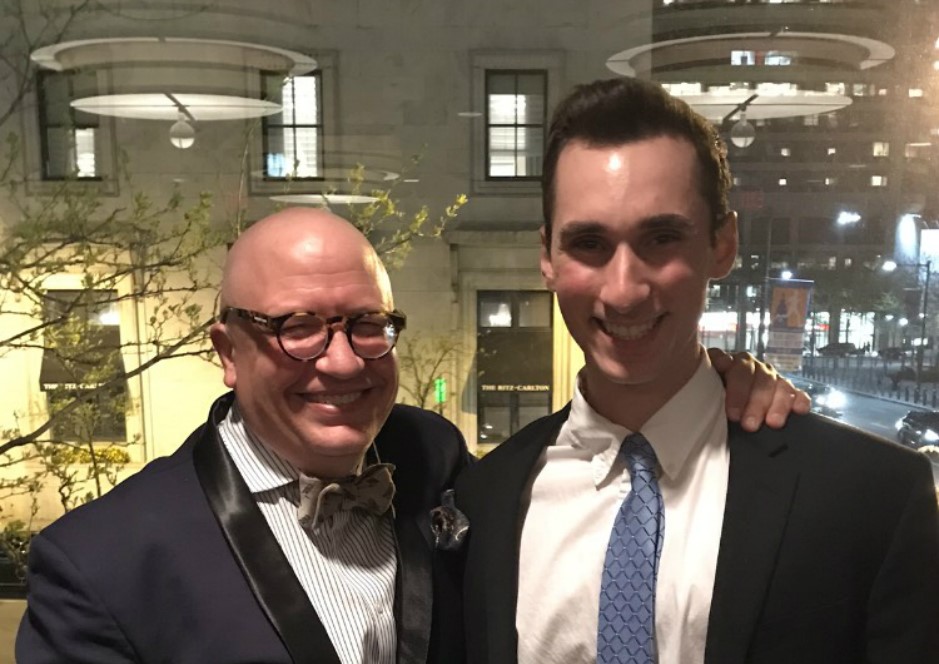The members of the Lambda Pi Eta National Honor Society are creating a new mentorship program to partner with incoming students and help them make the most of their time at Klein College.
According to Dr. Scott Gratson, director of the Communication Studies Program, incoming students can really benefit from having someone to talk to about their goals. Gratson remembers being told by former Provost Peter Jones that students who can identify someone who can help them reach their personal and academic goals are a third more likely to graduate.
“It’s one of the big reasons that I work with them and get to know them,” said Gratson. “But I also realize that I graduated from undergrad in 1989. My guess is times have changed.”
Peer mentors can provide insight and support that a professor sometimes can’t. However, it’s hard to form this kind of semi-structured personal relationship.
“They aren’t just going to happen by chance,” said Gratson.
Andrew Masterson, KLN ‘18, was a key architect of the mentorship program. He emphasized that mentorship is not just about supporting academic success, it’s also about personal relationships. Masterson, who describes the freshman version of himself as “young and dumb,” was guided by his peers to build emotional intelligence and self awareness.
“There are a lot of classes, there’s a lot of knowledge, and that’s integral to your success,” says Masterson, “but it’s important to be aware of what’s happening around you so that you can help yourself and your colleagues.”
Gratson pointed out that Lambda Pi Eta members represent the strongest students in the program, as well as the most service-oriented. Members are active on campus—the first to volunteer to help with Experience Temple Days or open houses. As a result, he said mentors will be able to help the students they work with get the full Klein College experience.
Another way to be sure that communication students are getting the most out of their experience is a new Academic Badge Program, based on similar programs in the university’s athletics program. The program awards badges, similar to those earned in scouting, for things like going to a professor’s office hours, or learning about study abroad opportunities.
Masterson said that the Academic Badge Program, like the mentoring program, is about taking advantage of the network. “We wanted to encourage students to form relationships with professors,” he said. “Making sure that you’re communicating with them helps with not missing classes, not slacking.”
Masterson is now working as a reporter, traveling with the American Junior Golf Association. But he says he was comfortable handing leadership over to Max Eagle, KLN ‘20, who will oversee it this fall.
Eagle doesn’t just want to leave the pairing of mentors and mentees to chance, so he’s developed a survey that will allow him to individually match incoming communication studies students with mentors who shares their interests, hobbies and tracks. He will visit each section of the course, Communication and Public Life, where all students are eligible for the program, to hand out the surveys and encourage students to participate.
For Eagle, being the first to reach out is crucial to building a support system.
“I’m really outgoing, I’ll talk to anyone, reach out to anyone,” he said. “That works for me.” For more introverted students, he believes, it’s important to extend a personal invitation.
Both Masterson and Eagle know that first hand, crediting Gratson as a crucial mentor in each of their lives, and as the one who inspired them to support the next generation of communication studies students.

